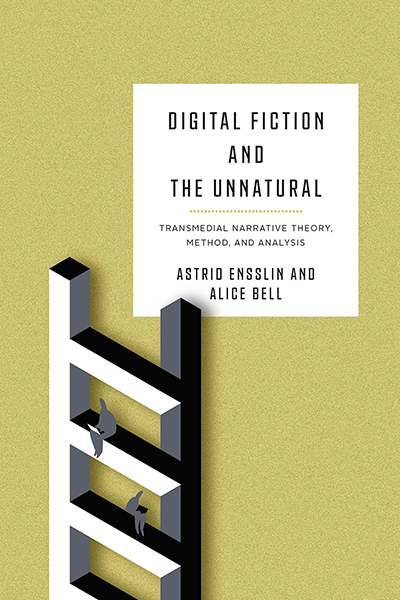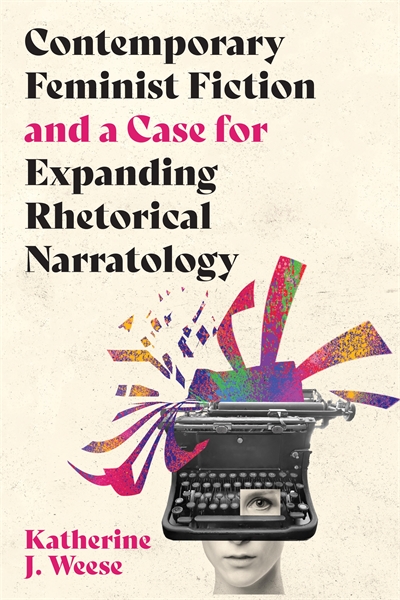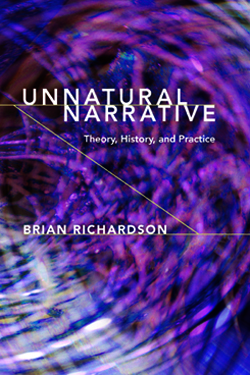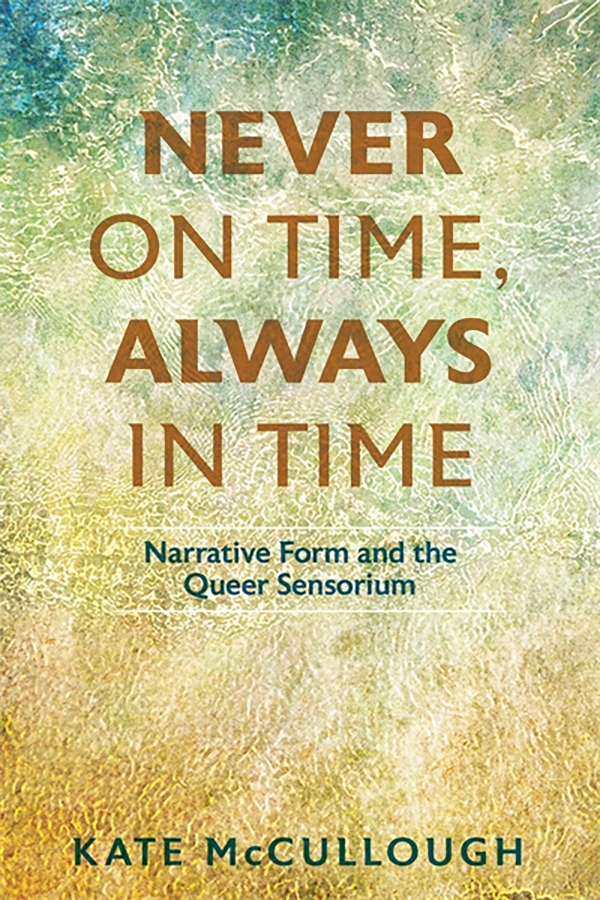“With enormous skill, Weese shows how an antimimetic narrative can address issues of power and injustice in the real world. She succeeds at a bold and original integration of feminist, rhetorical, and unnatural theories, mapping how they—explicitly or implicitly—interrelate.” —Ellen Peel, author of Politics, Persuasion, and Pragmatism: A Rhetoric of Feminist Utopian Fiction
“Weese provides a salutary intervention into current debates over the nature and history of ‘post-postmodern’ fiction and a timely contribution to narrative theory as she synthesizes several key strands of rhetorical, unnatural, and feminist approaches. An essential book for students and scholars of narrative.” —Brian Richardson, author of A Poetics of Plot for the Twenty-First Century
In Contemporary Feminist Fiction and a Case for Expanding Rhetorical Narratology, Katherine J. Weese explores intersections among rhetorical, unnatural, and feminist narrative theories and post-postmodern theory to argue that an expanded rhetorical poetics offers the most comprehensive model for illuminating recent works that employ unnatural devices for feminist purposes. This pluralist narratological framework is a vital counterpoint to theorists’ tendency to read twentieth- and twenty-first-century novels through a post-postmodernist or metamodernist lens that overlooks unnatural, feminist, and rhetorical narrative theories.
Examining Ali Smith’s The Accidental and Hotel World, Barbara Kingsolver’s The Poisonwood Bible, Toni Morrison’s Beloved, Kate Atkinson’s A God in Ruins and Life after Life, and Ruth Ozeki’s A Tale for the Time Being, Weese demonstrates how various narratological theories inform rather than compete with one another. Through an expanded rhetorical poetics, including a refined version of James Phelan’s MTS (mimetic, thematic, synthetic) model, she reframes post-postmodern theorists’ concerns with communicative function through a narratological lens to make the case that exploring the rhetorical function of unnatural devices challenges and extends the claims of narrow metamodern readings.
Katherine J. Weese is Venable Professor of English at Hampden-Sydney College. Her research has appeared in Storyworlds, Journal of Narrative Theory, Modern Fiction Studies, Narrative, and Journal of the Fantastic in the Arts.
Contents
Introduction
Chapter 1 A Rhetorical Poetics of the Unnatural in Long Postmodernism
Chapter 2 Cinematic Technologies of Gender in Ali Smith’s The Accidental: Complicating “Character” and “Character Narration”
Chapter 3 Re-Unnaturalizing the Dead Narrator: Feminist Afterlives in Hotel World, The Poisonwood Bible, and Beloved
Chapter 4 Renarrating and Denarrating in Kate Atkinson’s Companion Novels: Theorizing Feminist Contradictory Storyworlds
Chapter 5 Nested Narratees and Narrative Entanglement: The “Zen Way of Reading” Ruth Ozeki’s A Tale for the Time Being
Conclusion
Acknowledgments
Works Cited
Index
Related Titles:

Digital Fiction and the Unnatural
Transmedial Narrative Theory, Method, and Analysis
Astrid Ensslin and Alice Bell




